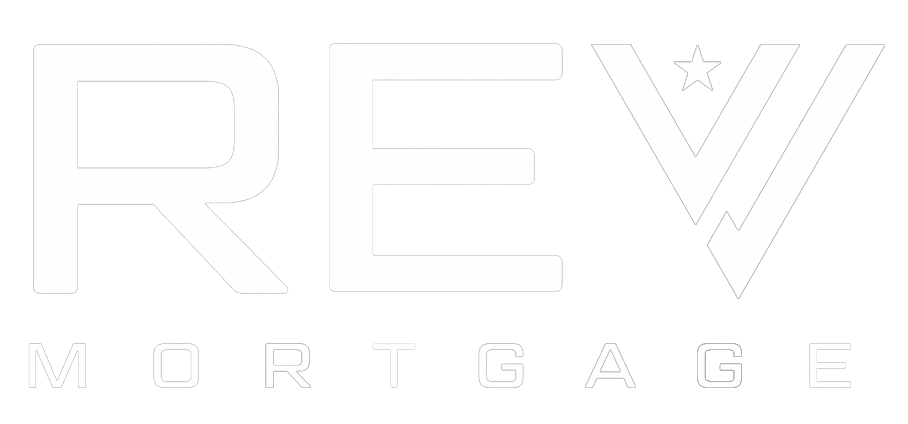Frequently Asked Questions
FAQ

A. Generally speaking, you can purchase a home with a value of two or three times your annual household income. However, the amount that you can borrow will also depend upon your employment history, credit history, current savings and debts, and the amount of down payment you are willing to make. You may also be able to take advantage of special loan programs for first time buyers to purchase a home with a higher value. Give us a call, and we can help you determine exactly how much you can afford.
For most homeowners, the monthly mortgage payments include four separate parts:
- Principal: Repayment on the amount borrowed
- Interest: Payment to the lender for the amount borrowed
- Taxes & Insurance: Monthly payments are normally made into a special escrow account for items like hazard insurance and property taxes. This feature is sometimes optional, in which case the fees will be paid by you directly to the County Tax Assessor and property insurance company.
Mortgage Insurance: In a purchase transaction if you are putting down less than 20% you will most likely have to pay a small monthly mortgage insurance premium. In a refinance transaction if your loan amount is above 80% of the value of your property you will most likely have to pay mortgage insurance too. There are certain instances where you can avoid paying monthly mortgage insurance even when you are putting less than 20% down or refinancing with a loan amount above 80% of the value. Please contact us for more information regarding your particular situation.
The amount of cash that is necessary depends on a number of items. Generally speaking, though, you will need to supply:
Earnest Money: The deposit that is supplied when you make an offer on the house
Down Payment: A percentage of the cost of the home that is due at settlement
Closing Costs: Costs associated with processing paperwork to purchase or refinance a house
There is no simple formula to determine the type of mortgage that is best for you. This choice depends on a number of factors, including your current financial picture and how long you intend to keep your house. Directions Home Loan can help you evaluate your choices and help you make the most appropriate decision.
